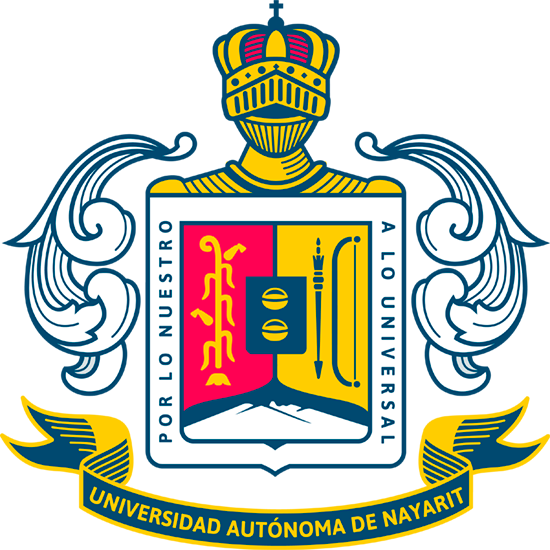Abstract
Lychee (Litchi chinensis Sonn) is a potential alternative crop for areas with subtropical climate. In Mexico, cv. 'Brewster' dominates in terms of established surface; however, it has many problems to maintain stable production through its production cycles. Worldwide, yield per hectare ranges from 1 to 15 t. Researchers who have worked with it agree that much of the problem that leads to low yields is the lack of a proper nutrition program. All existing information regarding the fertilization of this crop has been generated in other countries, mainly India, USA and Australia. Its need for K is higher compared to N and P. Since K is a nutrient that has an impact on yield and fruit quality, this literature review focuses on studies that have been done on potassium nutrition on lychee and concludes that more research is needed to take correct decision about the amount and time for potassium application.
Revista Bio Ciencias by Universidad Autónoma de Nayarit under Creative Commons Attribution-NonCommercial 3.0 Unported License.
Based on work of http://biociencias.uan.edu.mx/.
Further permits not covered by this licence can be found at http://editorial.uan.edu.mx/index.php/BIOCIENCIAS.






